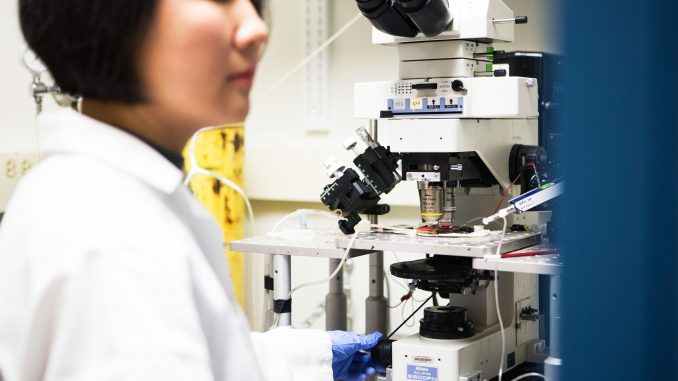
The College of Public Health will host a Community-Driven Research Day in the Student Center on Tuesday.
The annual event aims to bring together researchers and community-based organizations in order to answer questions about the health problems North Philadelphians face. The event features presenters from community organizations as well as researchers from Temple and other local institutions. CDRD is in its eighth year.
This year’s theme is “Local Solutions to Health Challenges.”
“We try to keep the theme broad in order to include the widest range of participants,” said Pam Mason, assistant director of the Office of Clinical Practice and Field Education in the College of Public Health and a CDRD organizer.
Jerry Stahler, a geography and urban studies professor and a member of Mayor’s Task Force to Combat the Opioid Epidemic, said he believes this year’s event should focus on the opioid crisis.
“Philadelphia is really at the center of this opioid crisis, and we have one of the highest rates in the country of overdose deaths,” Stahler added. “It’s really bad, and it’s preventable.”
According to the National Center for Health Statistics, 64,000 people died nationally of overdose in 2016. Of those cases, 907 people died in Philadelphia.
This year, Center in the Park, a Germantown nonprofit senior center, will present at the CDRC about opioid addiction in older people, particularly grandparents and those with chronic pain, Mason wrote in an email.
Strides in finding a solution to the opioid crisis have been made at prior CDRDs. Michael Halpern, a professor in the College of Public Health, is collaborating on an ongoing study with the Public Health Management Corporation — a Philadelphia-based nonprofit focused on building healthy communities — about the prevention of opioid misuse after Halpern met with the group at last year’s CDRD.
“The intersection between managing chronic pain and preventing opioid misuse was a good match of interests between myself and some of my colleagues in the college of public health, as well as PHMC,” Halpern said.
Researchers said it is important to connect with the community on issues of public health.
“There’s an incredible amount of interest, activity, research and community engagement in this area,” Stahler said.
Temple’s opioid research includes about 115 faculty members from 28 departments in nine schools.
The Lewis Katz School of Medicine spearheads many opioid research and prevention initiatives at its Center for Substance Abuse Research.
“It goes back to the importance of recognizing the interests of the community and what they want to learn more about or making changes to,” Mason said.
“Clearly opioid abuse is a very complex area that involves lots of different components,” Halpern said. “We want to work among the Temple community and more broadly, across the Philadelphia community so that we can work together and share resources to help individuals prevent developments of opioid overuse.”


Be the first to comment